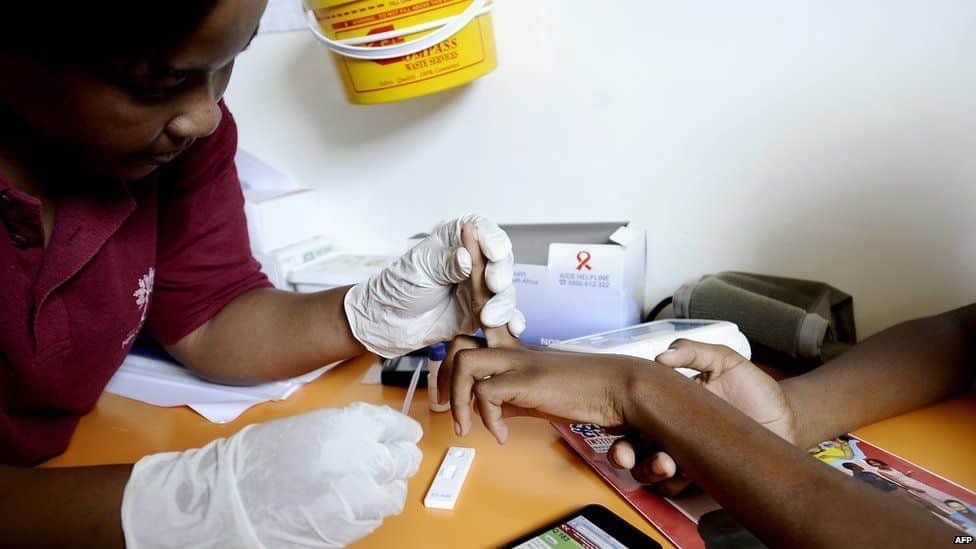The trial of an experimental vaccine in Uganda, Tanzania, and South Africa has been stopped early because preliminary data suggests that it is not effective in preventing infection.
The trial, which is part of the PrEPVacc initiative, started in December 2020 and involved 1,512 healthy adults aged 18–40. Originally, the trial was supposed to conclude in 2024.
Pontiano Kaleebu, the chief investigator for the program, stated that an independent committee monitoring the data and safety of the trial recommended stopping it because further efforts were unlikely to show that the vaccine works.
HIV, a virus that has caused the deaths of approximately 40 million people worldwide, with an additional 39 million individuals currently living with the virus, mainly in Africa, continues to present difficulties in the quest for a vaccine.
Despite the existence of drugs that can lower the risk of HIV and manage the virus, a vaccine is still essential in combating AIDS as a public health concern.
The study, conducted by African researchers and backed by several European institutions, including Imperial College London, investigated two different combinations of experimental HIV vaccines.
In addition, the study conducted a test on a new type of oral pre-exposure prophylaxis (PrEP), which is a drug that helps reduce the risk of HIV. The purpose was to compare its effectiveness to existing drugs. Although the vaccine trial was not successful, the PrEP part of the study is still ongoing.
Most of the participants in the study were from high-risk populations, such as workers, gay men, and fishermen. This outcome highlights the significant challenges in developing an effective HIV vaccine, as acknowledged in a statement by the vaccine trial program.
It is important to note that this trial was the only active HIV vaccine efficacy trial worldwide.
In a similar development in 2020, researchers in South Africa ended another trial involving more than 5,000 participants because the vaccine did not show any benefits.
According to a report from the United Nations Office on Drugs and Crime, Nigeria has the highest number of HIV infections in Africa, with 1.9 million people living with HIV/AIDS.
The Lancet also states that Benue State has the highest prevalence of HIV, followed by Rivers and Akwa Ibom.






